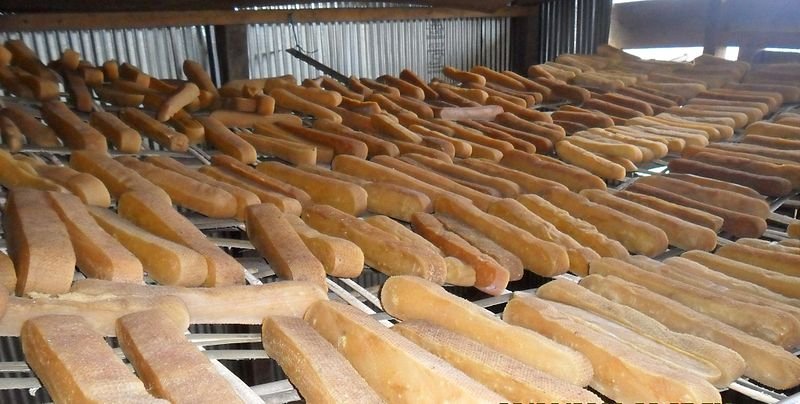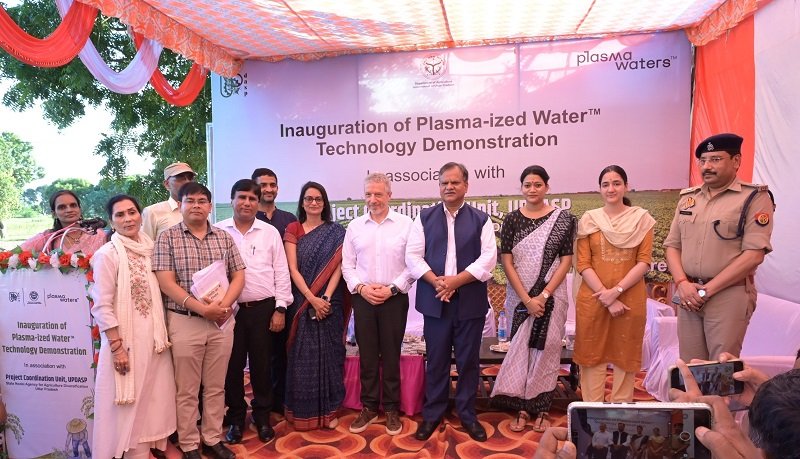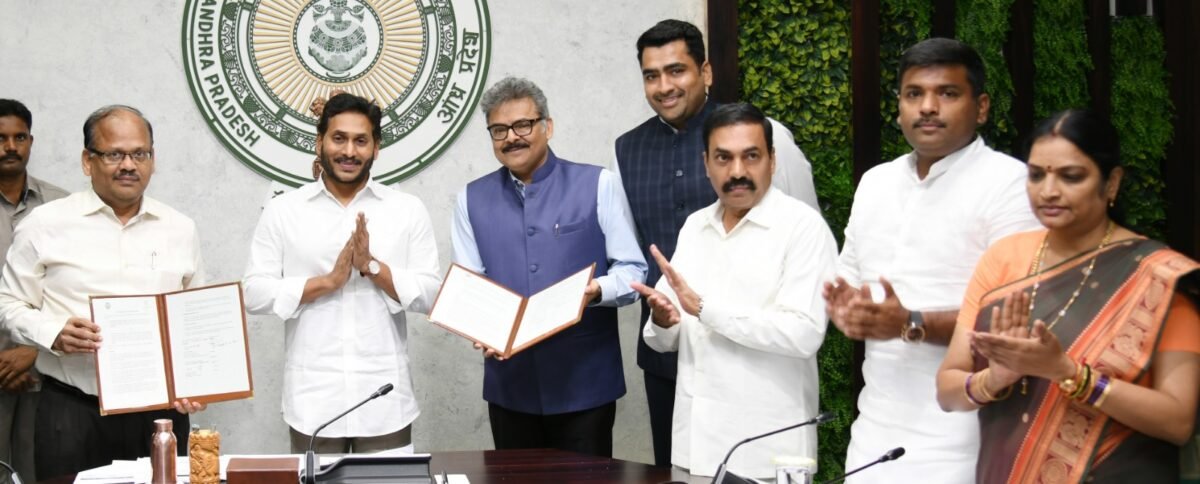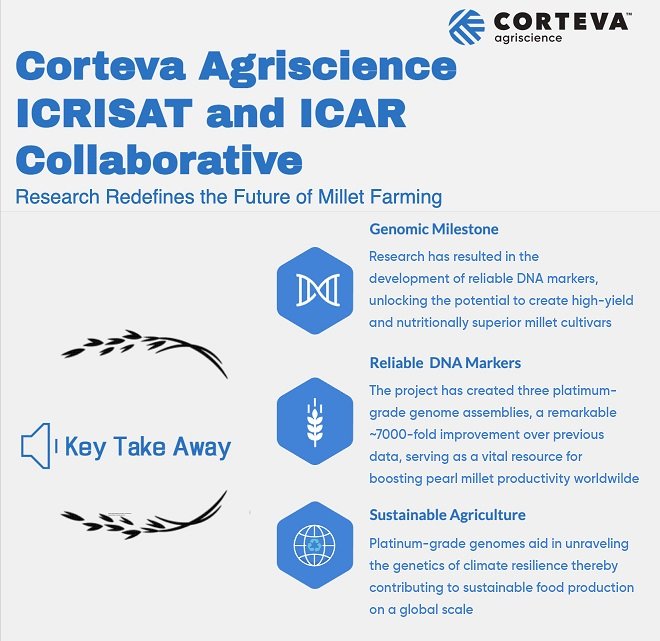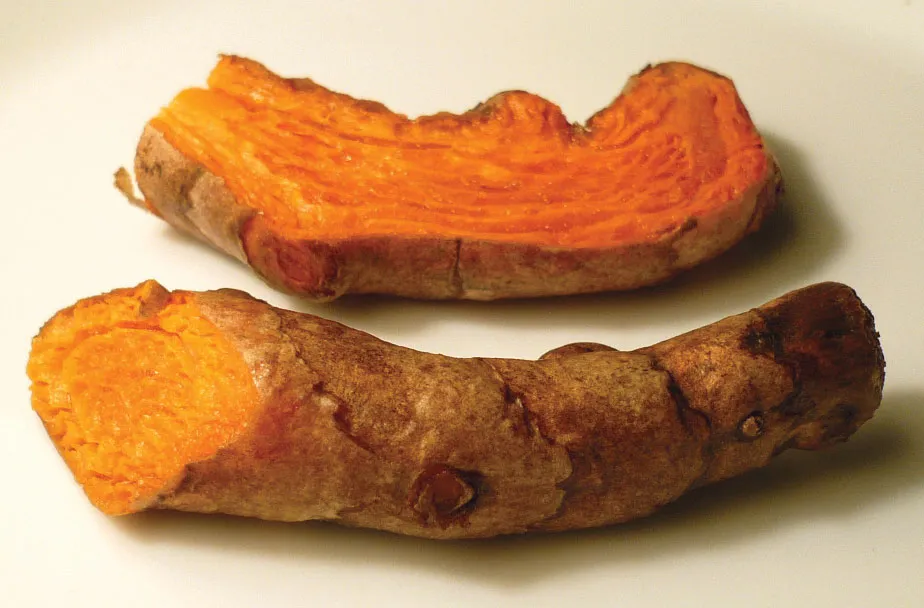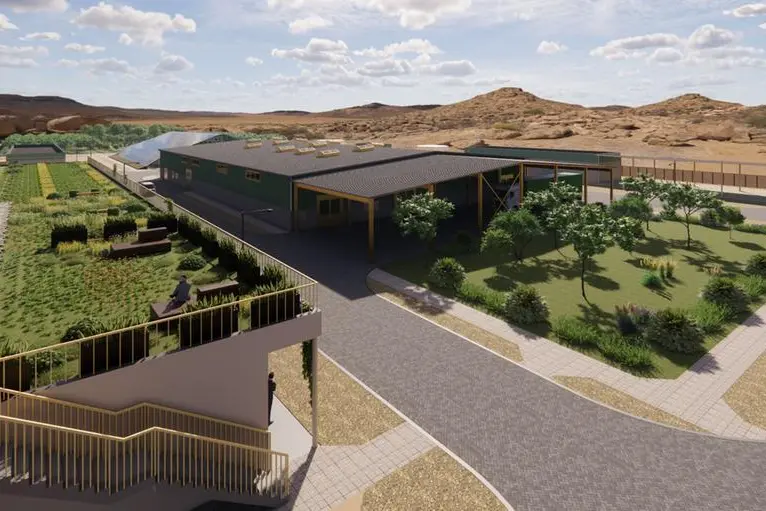John Deere, Yara collaborate to increase fertilization efficiency through precision tech
John Deere Operations Center™ and Yara’s Atfarm digital platform will provide farmers with tailored crop nutrition recommendations rooted in agronomic precision to ensure crops receive the right amount of nutrients.
John Deere and Yara have joined forces to launch a partnership that will combine Yara’s agronomic expertise with John Deere’s precision technology and advanced machinery. The partnership will enable farmers to increase yields and optimize fertilizer use, helping them contribute to the ambition of the European Union’s Farm to Fork Strategy.
To be able to produce more efficiently and sustainably, farmers need high-quality, actionable data and the technology to put these insights into practice. This is where digital farming will play a big role in helping farmers optimize the productivity of their fields. To further this vision, the advanced connectivity between the John Deere Operations Center™ and Yara’s Atfarm digital platform will provide farmers with tailored crop nutrition recommendations rooted in agronomic precision to ensure crops receive the right amount of nutrients where and when needed.
Partnering to make every nutrient count
The Atfarm platform uses Yara’s proprietary optimized index, which enables farmers to monitor the biomass development of their crops and nitrogen uptake throughout the season and access field specific variable rate application maps. This data can be seamlessly shared as a WorkPlan with the John Deere Operations Center™. Farmers can add operational details and wirelessly synchronize the plans, including prescriptions, to any machine featuring the John Deere Gen4 or G5 Display.
As executing variable rate maps is often perceived as complicated, this John Deere Yara solution makes it much easier, supporting farmers in producing more yield with less input. Through Yara’s agronomic advice, trials show that farmers can achieve up to seven percent yield increase while securing up to 14 percent Nitrogen savings in fertilizer use.
The new connectivity will be piloted from spring 2024 to a group of farmers in Germany, France, and the UK. In addition, Yara and John Deere will continue to collaborate on additional opportunities to further improve nutrient use efficiency for farmers.
Unique combination of expertise
“Achieving the ambitious goal of the Farm to Fork Strategy to reduce nutrient losses by 50% in 2030 requires the industry to work together. Through partnering with John Deere, farmers will be able to use our recommendations in an easy, practical way. This contributes to more sustainable food production without adding complexity for farmers,” says James Craske, VP Digital Solutions Europe at Yara International.
Katharina Nies, Marketing Manager Precision Ag at John Deere highlights: “For Small Grain Producers, crop nutrition is one of the largest opportunities for optimization. We are excited to partner with Yara, as this is a unique combination of science-based fertilization recommendations together with John Deere’s connected, highly precise & intelligent machines. With that farmers can achieve highest levels of nutrient use efficiency.”
John Deere Operations Center™ and Yara’s Atfarm


